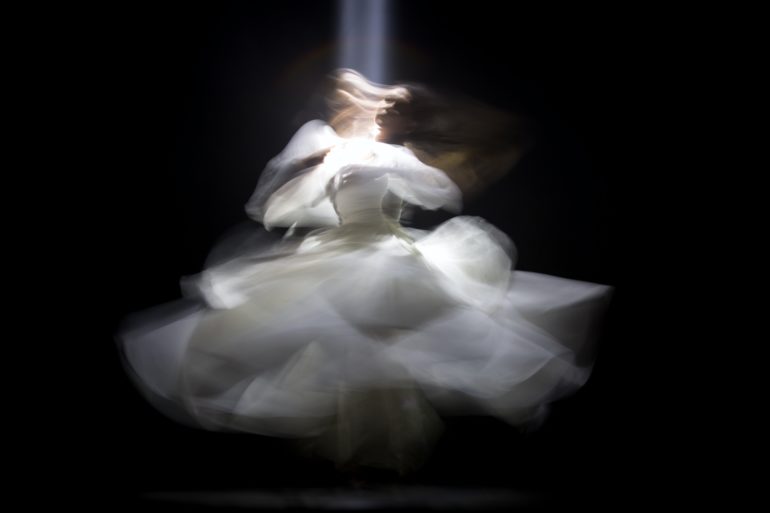
What The Chanukah Story Can Teach Us About Body Positivity
Having three teenage daughters, body image is a huge topic in my house. I hear my girls and their friends obsess over how they look, and it’s hard to hear. I desperately want to raise them with a healthy sense of body confidence. I want them to be comfortable in their skin — to feel good looking in the mirror. I never want them to feel like they can’t show up to an event or smile proudly for a photo because they have a pimple, feel “fat”, or just don’t like the way they look.
I want them to be able to shop for clothes that look good on them now and not to buy things in a size smaller “hoping” they’ll fit into it one day. I don’t want them to stress at the thought of going to a social event because of what it might do to their diet.
As parents, we want that for our girls, because many of us know what it is like to struggle with body confidence and we want better for our kids. While it’s good to talk, our kids pick up on who we are. It’s not enough to just be careful about what we say in front of the kids. We need to act in accordance with those beliefs and live that way honestly. Kids can pick up on things The question is, how do we do that, especially in a society that inundates with messages about how one’s body isn’t good enough as it is? Well, the answer might be hidden in the Chanukah story.
One thing that isn’t well known about Chanukah is that the menorah in the Temple had been damaged by the Greeks, and the Maccabees had to construct another a brand new one in order to light the oil. The Talmud (menachos 28b) discusses that this makeshift one was constructed from either wood or iron spits, so it was a lot more shabby when compared to the real menorah! If God was making a miracle already with enabling the oil to last for eight whole nights, why couldn’t He make a miracle and restore the menorah to its former glory as well?
Here, is where we learn something really important. The oil symbolizes what’s on the inside — our insides need to be beautiful and pure. The physical look of the menorah, on the other hand, that’s secondary. There is a mitzvah to have a beautiful menorah, so there’s a place for aesthetics in Judaism, but it’s not as important as the essence of the mitzvah.
The more we recognize ourselves as a soul within a body, the more we will develop healthy body confidence. The more we recognize our body for the incredible good it allows us to do in the world, the more we will come to love and respect it. In the morning prayers, we thank God for giving us a soul which is inherently pure. That means that no matter what you have done up to now, you still have a pure soul. We’re all humans and make mistakes, but those mistakes don’t impact your inherent purity.
Physically, we can always find someone seemingly better than us. There may be someone prettier, thinner, stronger, smarter. But spiritually? There’s no competition. It’s just you and your progress day after day. That, as we learn in the Torah, is what truly matters.
If you found this content meaningful and want to help further our mission through our Keter, Makom, and Tikun branches, please consider becoming a Change Maker today.







